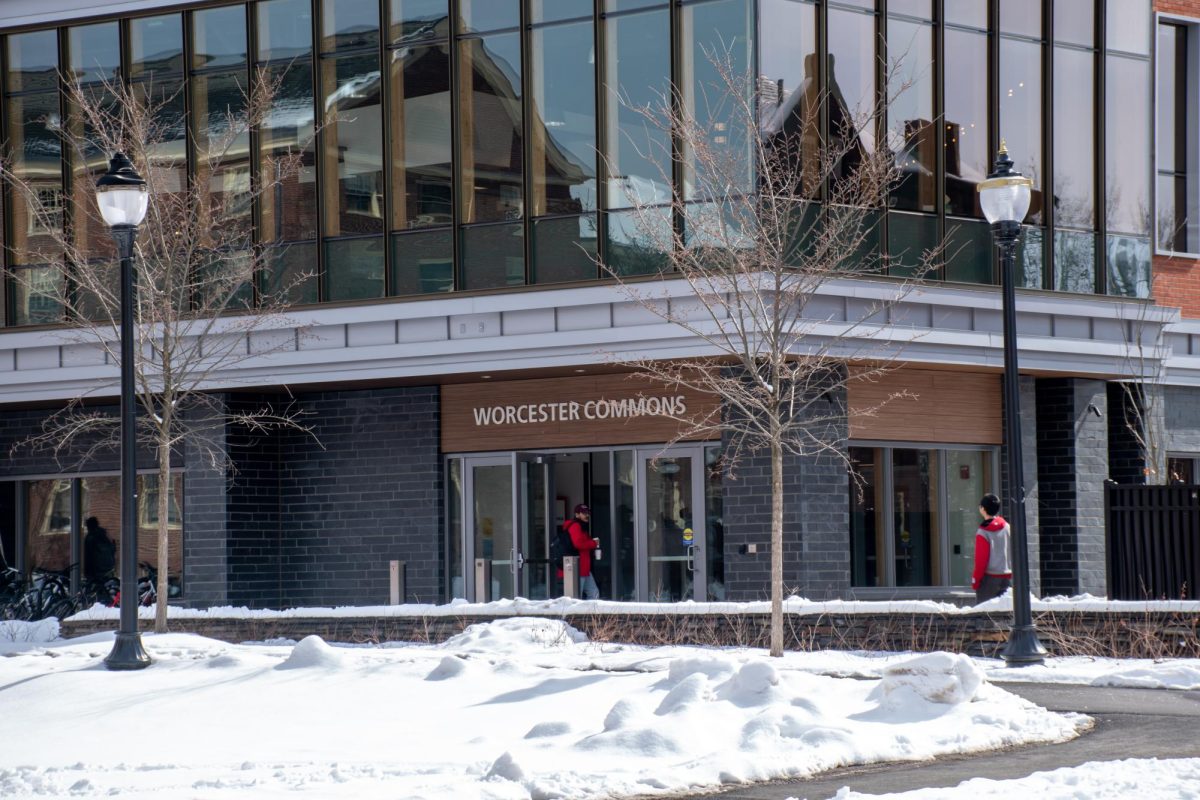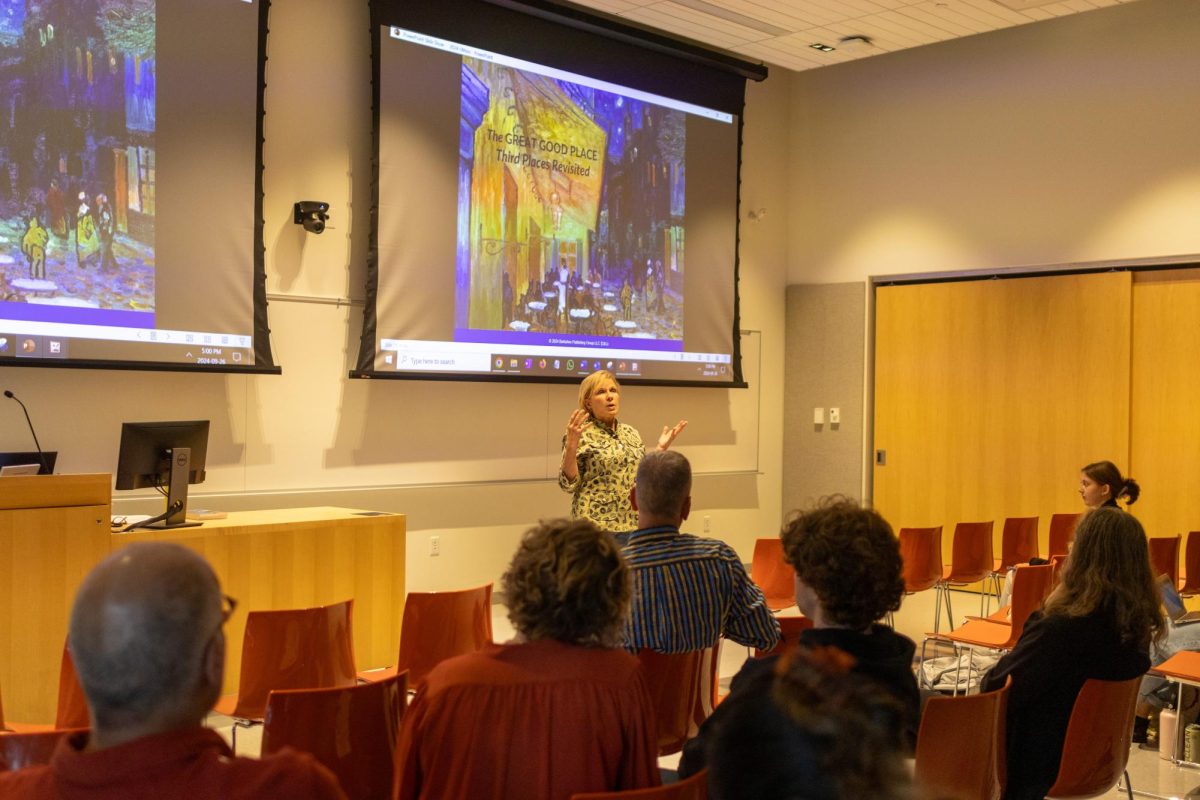A recent survey has found that while overall student binge drinking at the University of Massachusetts has decreased, excessive drinking by female students is on the rise, according to an article on MassLive.com.
The study, conducted by the Center for Alcohol and Other Drug Abuse Prevention, found that 47 perfect of 680 student participants surveyed have engaged in binge drinking in 2012 – a decrease from 60 percent in 2006, according to the article.
“Women’s drinking is rising nationally, and we are no exception,” said Sally Linowski, assistant dean of students at UMass.
The Center for Disease Control defines binge drinking as five or more drinks within a two hour period for males, and four or more drinks for females.
The survey found that the percent of males who engage in binge drinking has decreased from about 62 percent in 2010 to 46 percent in 2012, the article said.
In 2011, according to the article, the survey revealed that about 43 percent of females engaged in binge drinking, a decrease from approximately 57 percent in 2008.
The number of women seeking medical aid for issues related to alcohol was also greater compared to the number men, according to MassLive.com. In the fall of 2012, 43 women were transported to Cooley Dickinson Hospital for alcohol-related issues, as opposed to 32 men, the article said.
The survey also found that 64 percent of participants felt that the social atmosphere of UMass does not encourage excessive drinking habits.
Linowski said that UMass and the surrounding areas are implementing many prevention strategies.
“These include the online alcohol course for all incoming students, social norms campaigns, an empirically supported program for students (BASICS), clear campus and community standards for behavior backed by consistent enforcement on and off campus and event specific strategies to reduce risk,” she said.
Linowski will have a report based on these statistics by the end of January, according to MassLive.com. She told MassLive that the data from the annual surveys is used to analyze demographics and find “the sequence of events that leads to problems.”
“We use data to identify problems and implement solutions that are backed by research and science,” she said.
Jaclyn Bryson can be reached at [email protected].












